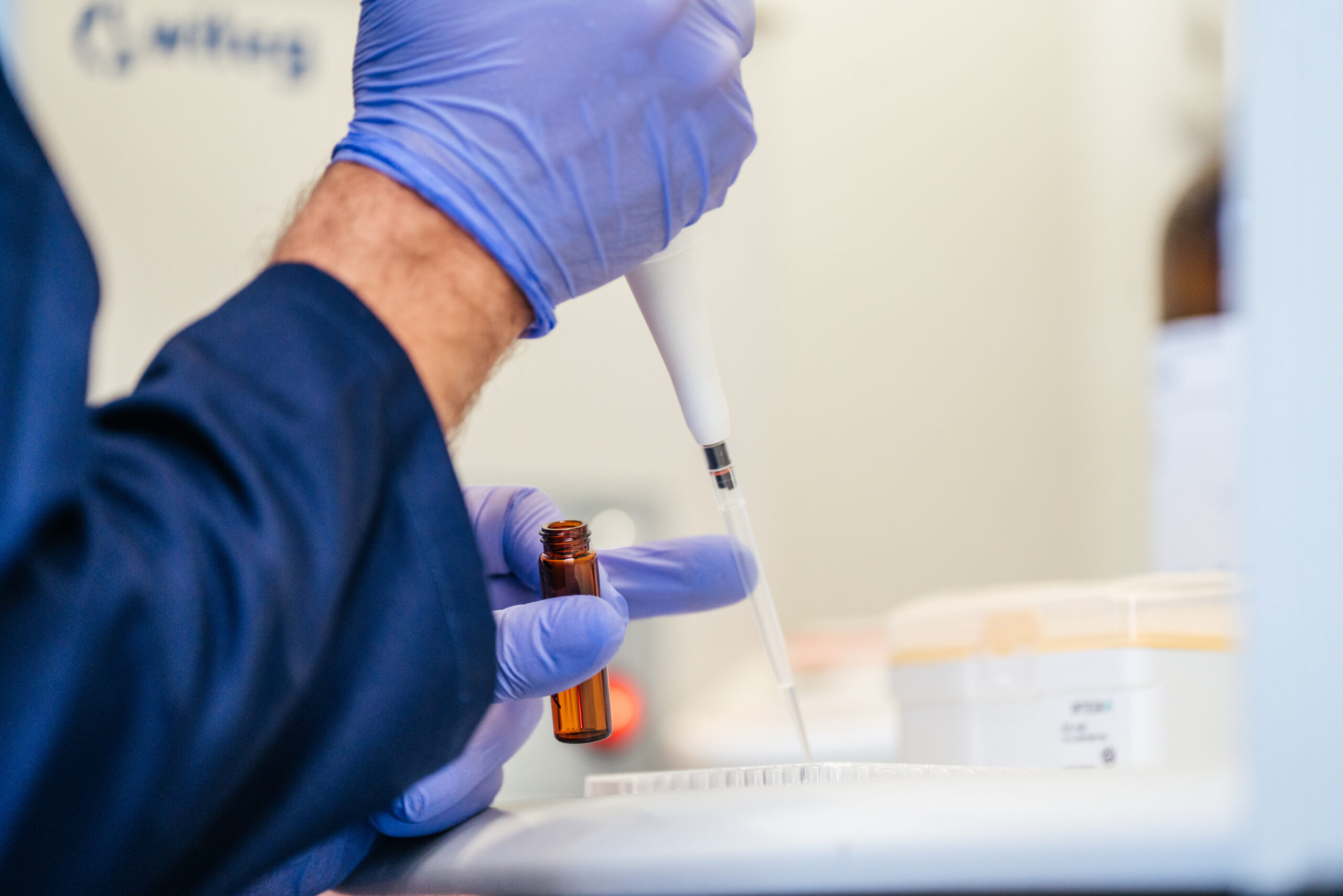What if one molecule could influence your sleep, energy, and even aging? It’s called NAD—short for nicotinamide adenine dinucleotide—and it’s more powerful than you might think.
More-
THE SCIENCE OF SLEEP: Exploring the Link Between Rest, NAD and Aging
-
HbA1c: The Key to Balancing Blood Sugar and Health Management
What is Glycated Hemoglobin (HbA1c) and Why Does It Matter? Glycated hemoglobin, or HbA1c, forms when glucose binds to hemoglobin in your blood.
More -
Bloodo™ HbA1c Test Specifications
Introduction to HbA1c Test HbA1c, or glycated hemoglobin, is formed when glucose binds to hemoglobin in red blood cells. This test measures the average blood sugar levels over the past three months, providing a reliable snapshot of long-term glucose management.
More -
Bloodo™ NAD Test: Specifications
The Basics of Our Test The Bloodo™ NAD Test uses an advanced technique to measure your total NAD levels, which include both NAD+ and NADH. This measurement is crucial because it reflects your cellular health and energy status. Technical Details Made Simple Method: We use the enzymatic cyclic assay, a highly accurate method, to detect total …
More -
NAD: The Molecule of Youth? Exploring Its Role in Longevity
NAD (NAD+ and NADH), or Nicotinamide Adenine Dinucleotide, is a powerhouse molecule that keeps us vibrant and energetic. It fuels many processes in our body, from muscle movement to breathing – more than 500 enzymatic reactions in our body! Interestingly, NAD also plays a pivotal role in repairing and regulating our genetic material, particularly genes linked to ageing…
More





